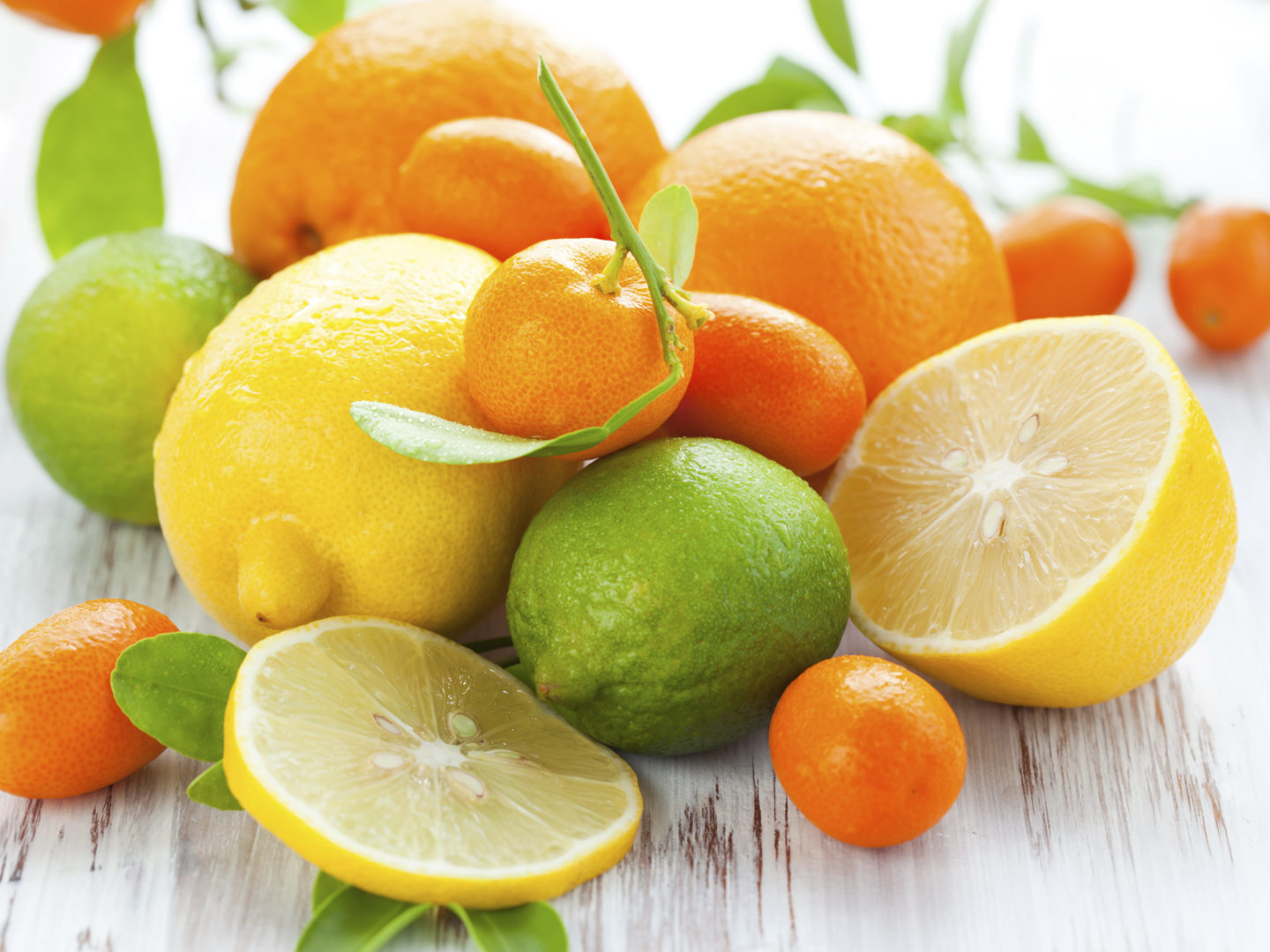Citrus Pectin: Best Bet for Cholesterol Control?
I’ve read that citrus pectin may be an effective cholesterol-lowering supplement, but I can’t find any information about it that doesn’t come from someone selling supplements that contain it. What do you think?
Andrew Weil, M.D. | August 27, 2009

Pectins present in fruits, vegetables and seeds are a type of water-soluble fiber that can bind cholesterol in the gut, preventing its absorption into the bloodstream. (Oat bran, another variety of soluble fiber, can do the same thing and is often recommended to help lower serum cholesterol.) In addition, many fruits and vegetables have been shown to lower cholesterol, probably because of their overall fiber content. But the effect of pectin in these foods, and supplements made from them, is modest at best. I would not rely on citrus pectin to treat elevated serum cholesterol.
The most effective natural supplement for this purpose is red rice yeast. Red rice yeast (Monascus purpureus) has a long history of use in China as a natural food coloring and healthful ingredient. It is a source of naturally occurring statins, and because it delivers a mix of those compounds rather than a single type of molecule, it is much less likely to cause the side effects that can occur with the pharmaceutical versions. As a matter of fact, a study published in the June 16, 2009, issue of the Annals of Internal Medicine showed that a red rice yeast supplement worked as well to lower LDL (“bad”) cholesterol as prescription statin drugs. All of the patients participating in this study had stopped taking statins because they developed muscle pain, the most common side effect of these drugs, affecting 20 percent of all those who take them. Only seven percent of those in the red rice yeast extract study experienced muscle pain.
If you take either pharmaceutical statins or red rice yeast extract supplements for cholesterol control, I strongly recommend that you also take 90 – 120 mg of coenzyme Q10 daily, since these drugs inhibit the body’s natural synthesis of this coenzyme, which is needed for formation of adenosine-5′-triphosphate (ATP), our bodies’ energy currency.
No matter what supplement or drug you use for cholesterol control, be sure to get at least 30 minutes a day of aerobic exercise and reduce the amount of saturated fat and trans-fats in your diet. Other beneficial lifestyle changes include drinking green tea, eating one clove of garlic per day (diced or crushed in food), and consuming more soluble fiber (such as oat bran), foods rich in omega-3 fatty acids (good sources include salmon, sardines and walnuts) and plenty of leafy greens and fresh fruits.
Andrew Weil, M.D.









